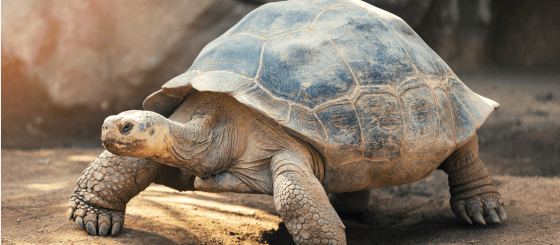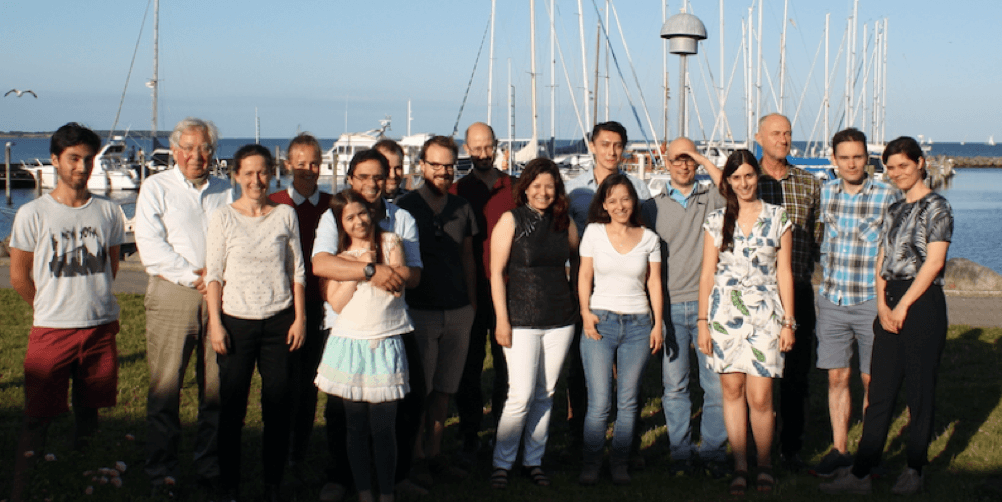The Species Management Data Analytics Program provides wildlife institutions with evidence to make better decisions regarding animal care and conservation.
The goal of this program is to equip Species360 members with data-driven evidence required to make decisions about the care and conservation of wildlife. By applying analytics to 40+ years of data standardization and collection, our Conservation Science Alliance researchers and partners address questions critical to collection planning, population management, integrative conservation, and genetic rescue.
Understanding sex-differences in survival across vertebrates

In humans, women consistently outlive men – almost everywhere in the world. Research shows that this female survival advantage in life expectancy can also be found in many other species including our close relatives, gorillas, chimpanzees, and baboons, suggesting deep evolutionary roots. But this pattern is not universal across the tree of life: whereas females tend to live longer in mammals, males have the advantage in birds.
What drives these survival differences across species has challenged scientific research for decades. Evidence shows that biological, environmental and behavioral factors contribute to these gender gaps, but the puzzle is far from being solved.
Understanding gender-based differences in life-expectancy and aging also has important implications for species management and animal care. Many animals experience age-related changes in health, behavior and cognition, that can impact animals’ wellbeing. Understanding the differences in how males and females age can inform care manuals, improve diagnosis and management of geriatric disorders and help institutions promote positive welfare for animals under human care at all age classes.

So far, limited data on survival patterns across a large number of species have hindered large-scale studies to test some of the most popular hypotheses. Here, the Species360 ZIMS database can provide answers: over 40 years of data on birth and death in more than 21,000 species across the tree of life may bring light into understanding the evolutionary, behavioral, and genetic reasons that shape lifespan.
The Sex-specific Differences in Survival Working Group
The Sex-specific Differences in Survival Working Group is a group of demographers, geneticists, evolutionary biologists, and data analysts collaborating to understand what drives differences in lifespan between males and females across the tree of life.

- Species360 Conservation Science Alliance / Interdisciplinary Center on Population Dynamics (CPop): Dalia Conde, Rita da Silva, Johanna Staerk, Simeon Smeele
- University of Southern Denmark/ Interdisciplinary Center on Population Dynamics (CPop): Fernando Colchero, James Vaupel, Rita da Silva, Annette Baudisch, Rune Lindahl-Jacobsen, Virginia Zarulli
- University of Lyon: Jean-Michel Gaillard, Jean Francois Lemaitre,Victor Ronget
- Bath University: Tamas Szekely, Araxi Urrutia, Benjamin Padilla, Jose Valdebenito
- National Museum of Natural History Paris: Samuel Pavard
- University of Exeter: Mathieu Giraudeau
- University of Debrecen: Orsolya Vincze
- Max Planck Institute of Animal Behavior and Max Planck Institute for Evolutionary Anthropology: Simeon Smeele







